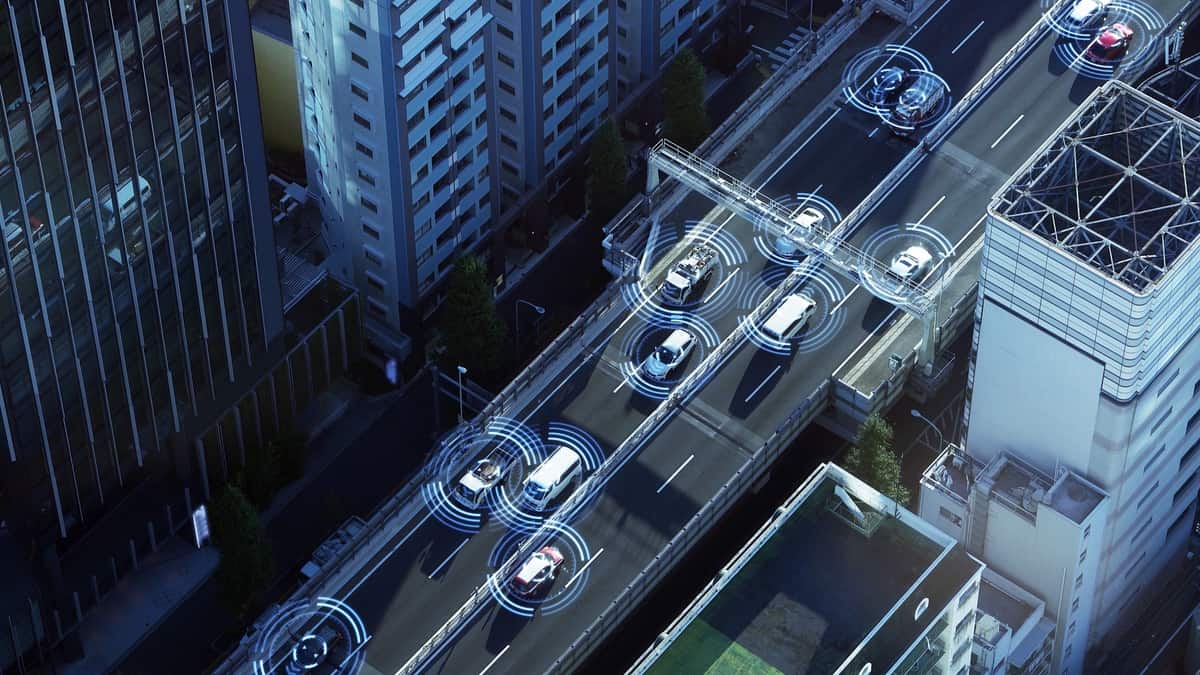Tesla CEO Elon Musk announced his willingness to extend the company’s Autopilot or Full Self-Driving to rival automakers as it aims to help improve their profitability.
The announcement was in response to General Motors CEO Mary Barra, who claims that EVs costing $30,000 to $40,000 would not be profitable until the decade’s end or “maybe a little longer.”
“Tesla aspires to be as helpful as possible to other car companies. We made all our patents freely available several years ago.
Now, we are enabling other companies to use our Supercharger network. Also happy to license Autopilot/FSD or other Tesla technology.”
Tesla CEO Elon Musk
With that response, the Tesla boss seems to suggest that driverless technology may help automakers like GM achieve profitability.
About Tesla’s driverless tech
Tesla’s Autopilot and Full Self-Driving technology has long differentiated the automaker from its rivals in the electric vehicle industry. It is among the top features in Tesla cars that attract more customers.
For context, the Autopilot is designed for highway driving, while the FSD can support urban driving. The latter offers helpful features, including lane changing, stop signs and traffic lights recognition, and parking.
That said, CEO Musk believes that the technology will soon reach full autonomy and offer better safety than human drivers. He even stated that full autonomy represents the automaker’s future.
Despite that, US government officials, including Transportation Secretary Pete Buttigieg, are against the technology over safety concerns.
The NHTSA has also been investigating ADAS-related crashes involving Tesla cars since 2021.
See Also:
- Tesla recalls over 362,000 EVs in North America over self-driving software issue
- NHTSA reviews CEO Musk’s tweet on FSD plans
- Tesla secures European approval to launch its latest FSD Hardware 4.0
- Tesla’s FSD Beta topped more than 400,000 users in US and Canada
- New penalty imposed on Tesla drivers when found inattentive during FSD Mode
Nonetheless, the Musk-led automaker continues to lead the EV industry, especially when it employs significant price cuts. In the US, Tesla reduced the Model 3 and Y prices by up to 20% at the beginning of the year to boost sales amid inflation and interest rates.

